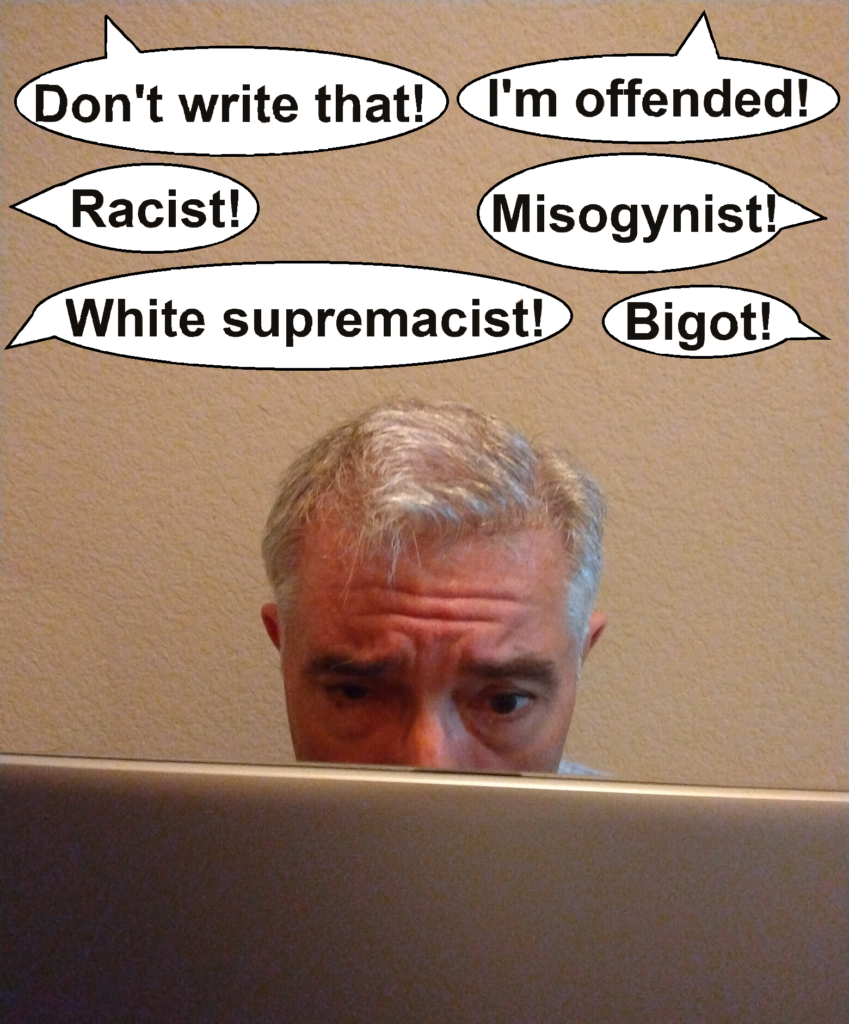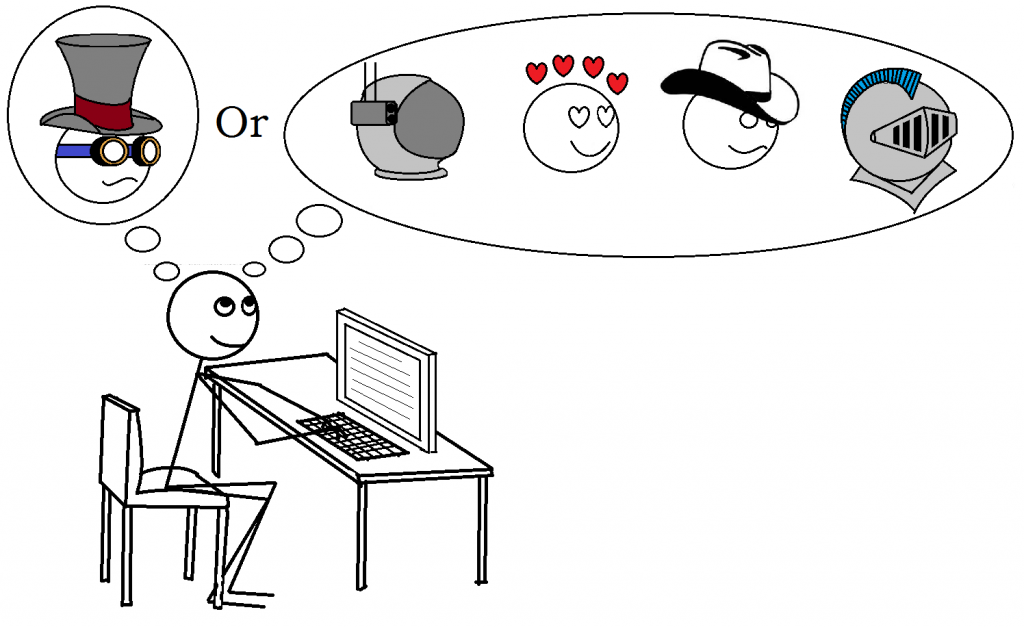You’ve heard of various types of editors. You’ve heard of beta-readers. But what’s a sensitivity reader? Should you hire one?

Societal Change
Let’s set the scene by reviewing recent history. In the past, a majority white and male-oriented culture prevailed in America. White, male writers often wrote about characters of other races, and female characters of any race, in a negative way, with prose full of stereotypes, misogyny, and racism. The reading public accepted this. I’m not excusing this, just stating it.
In recent years, we’ve seen a change. Readers seek stories depicting authentic women and people of color. They’ve rebelled against writing that falls short of that standard, often getting offended by it, and have broadcasted those opinions on social media, giving rise to ‘cancel culture.’
Publishers, noticing the changing market, have sought manuscripts with more realistic portrayals. The pendulum has swung the other way, and publishers often prefer stories with women and people of color as the heroes, and white males as the bad guys. Some publishers have extended this preference beyond the text, to the author. They sometimes favor manuscripts written by writers belonging to formerly marginalized groups out of a belief that only they can portray such characters in a non-offensive way.
Running Scared
For a time, a cloud of fear hung over the industry. White, male writers feared being cancelled, even rejected by publishers due to a gender and skin color they couldn’t change. Publishers, with predominantly white editors, feared cancellation, since even one book not meeting the standard could spell financial doom.
A Solution?
Into this fray strode ‘sensitivity readers.’ Like beta readers, they’ll review your manuscript and offer advice to improve it. But they specialize in identifying stereotypes, offensive phrases, and dialogue, and signs of bias against formerly marginalized people. They typically charge for this service.
The Backlash
A harsh reaction arose over the existence of, and need for, sensitivity readers. Accused of censorship and dictatorial gatekeeping, sensitivity readers would, some thought, act like thought police, rendering all writing bland and dull.
Backlash Against the Backlash
Supporters of sensitivity readers dismissed accusations of censorship, asserting that such readers only make recommendations. The author remains responsible for the writing, and the publisher remains responsible for the book’s publication. A sensitivity reader won’t certify your manuscript as cancel-proof, any more than an editor can guarantee no lingering grammatical mistakes or misspellings.
Rewriting the Past
The advent of sensitivity readers to help with manuscripts before publication coincides with a new and related phenomenon. Publishers now hire sensitivity readers as editors to put out revised editions of existing books, works once deemed acceptable, but now considered offensive by some. They’ve cleansed these revised versions of objectionable content. This has occurred to the works of Roald Dahl, Ian Fleming, and R.L. Stine.
The practice sparked controversy when it began, with critics taking umbrage at altering classics in the name of wokeness.
Today
Much of the uproar over sensitivity readers had died down. They stand as one more resource available to authors. Such readers perform a service, but responsibility remains with the writer and publisher, as it had before.
As for altering previously published works, the outrage here, too, shall pass. So long as (1) the book states that text has been changed from the original to suit modern tastes, (2) the original version remains available for purchase, and (3) no violation of copyright laws occur, there seems little harm. It’s akin to publishing abridged versions of long works, or revising very old works into modern English.
Readers Rule
To me, it’s all about delighting, educating, or fascinating the reader. It’s always been about that since writing began. (Here I’m talking about writers who seek to have their work read, not those who write only for themselves.) If sensitivity readers help an author’s work connect better with today’s reading audience, I’m fine with them. As a writer, you’re free to use this available resource or not, and free to accept the resulting recommendations or not.
Come to think of it, maybe a sensitivity reader should have reviewed this post before its publication by—
Poseidon’s Scribe

 You might have rejected the idea of switching genres already. I can hear your reasons now:
You might have rejected the idea of switching genres already. I can hear your reasons now: